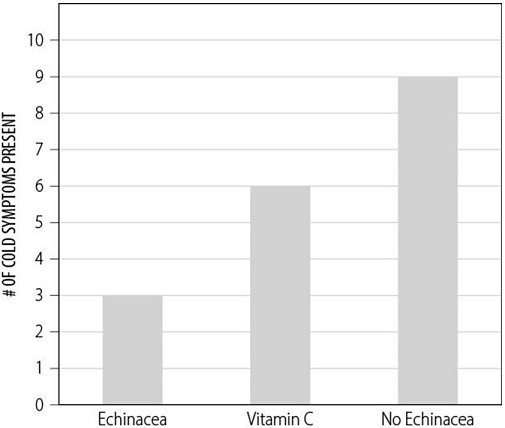Two proteins associated with a rare neurodegenerative disorder have been sequenced. Protein A contains many polar amino acids with small regions containing nonpolar, hydrophobic amino acids
Protein B is rich in nonpolar, hydrophobic amino acids with only two small regions containing polar amino acids. What might this suggest about the two proteins?
A) The two proteins may have different secondary structures.
B) Protein A is fibrous and Protein B is globular.
C) Protein A may be a cytoplasmic protein and Protein B may be a membrane associate protein.
D) Protein A and Protein B are complementary parts of a supramolecular structure.
E) Protein A is most likely and enzyme and Protein B is most likely a storage protein.
Answer: C
You might also like to view...
Use the following information to answer the following question(s): You wake up one morning feeling slightly under the weather. A close family member enthusiastically suggests that you take some Echinacea, an herb commonly used as a cold remedy. You then decide to design an experiment to test Echinacea and see if this claim is true. You think, "If taken at the beginning of a cold, Echinacea will reduce cold symptoms."You conduct the experiment and gather the data presented in the figure below. Given the results, you can say that ________.
A. your hypothesis is not supported B. your theory is disproven C. your theory is proven D. your hypothesis is supported
Because of some of the problems with explaining how the first RNA organisms originated, an alternative possibility
has been proposed in which ____.
a. proteins and RNA evolved simultaneously b. DNA existed before RNA c. lipids functioned as enzymes d. a different form of life existed before the RNA world e. viruses functioned as carriers for RNA
The human has __________ sets of autosomal
chromosomes. Fill in the blank(s) with the appropriate word(s).
When a gene has the ability to influence several different aspects of the phenotype of an organism, this is referred to as
A. polygenic inheritance. B. pleiotropy. C. multiple alleles. D. lack of dominance.